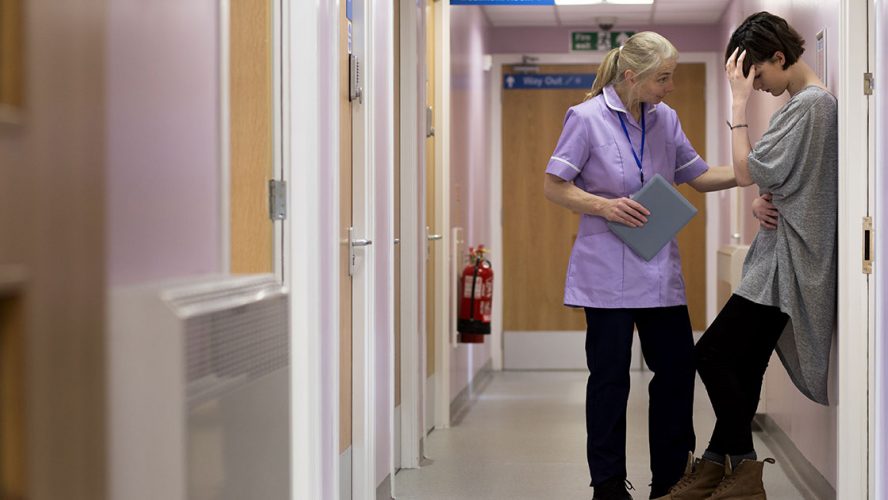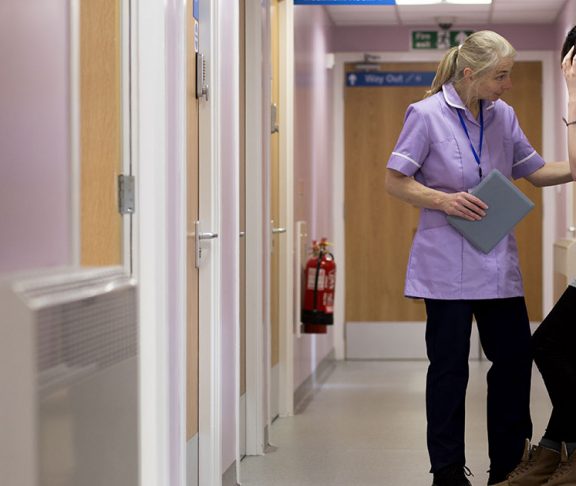
Gillian Dean, M.D.
Senior Director of Medical Services, Planned Parenthood Federation of America
“We have the power to help cure STD stigma by not making people who have STDs feel ashamed with jokes, disgust or other negative reactions.”
Getting tested for STDs is a basic part of staying healthy and taking care of your body, and an important way to protect the health of both you and your partner. STD tests are quick, easy and painless. Even more good news: all STDs are treatable and many are curable. So why don’t more people get tested as a routine part of taking charge of their health?
One major reason is the stigma attached to having an STD. It’s time for that to change.
More common than you think
The idea that having an STD makes you somehow undesirable fuels stigma and shame, discourages testing and treatment, and has a profound impact on people diagnosed with an STD. Let’s be clear: having an STD doesn’t make you any less good, valuable or worthy of love, and your STD status doesn’t make you “clean” or “dirty.” No one should be shamed or judged when disclosing their STD status.
The reality is that getting an STD or having a partner with an STD is extremely common. Having an STD is a result of intimate contact with other people and not something to be embarrassed about. Anyone who ever has vaginal, anal or oral sex could get an STD. Some people may have an STD and not know it, since many STDs have no symptoms. The only way to know your status is to get tested.
How you can help
We have the power to help cure STD stigma by not making people who have STDs feel ashamed with jokes, disgust or other negative reactions. Instead, arm yourself with the facts. People need to understand, for example, that someone who is living with HIV and has an undetectable viral load poses no transmission risk. People need to know that syphilis, gonorrhea and chlamydia are on the rise in this country and that young people account for half of the 20 million new STDs each year. Remember, all STDs, even HIV, are treatable, and many are curable — but you have to know your status before you can get treated.

